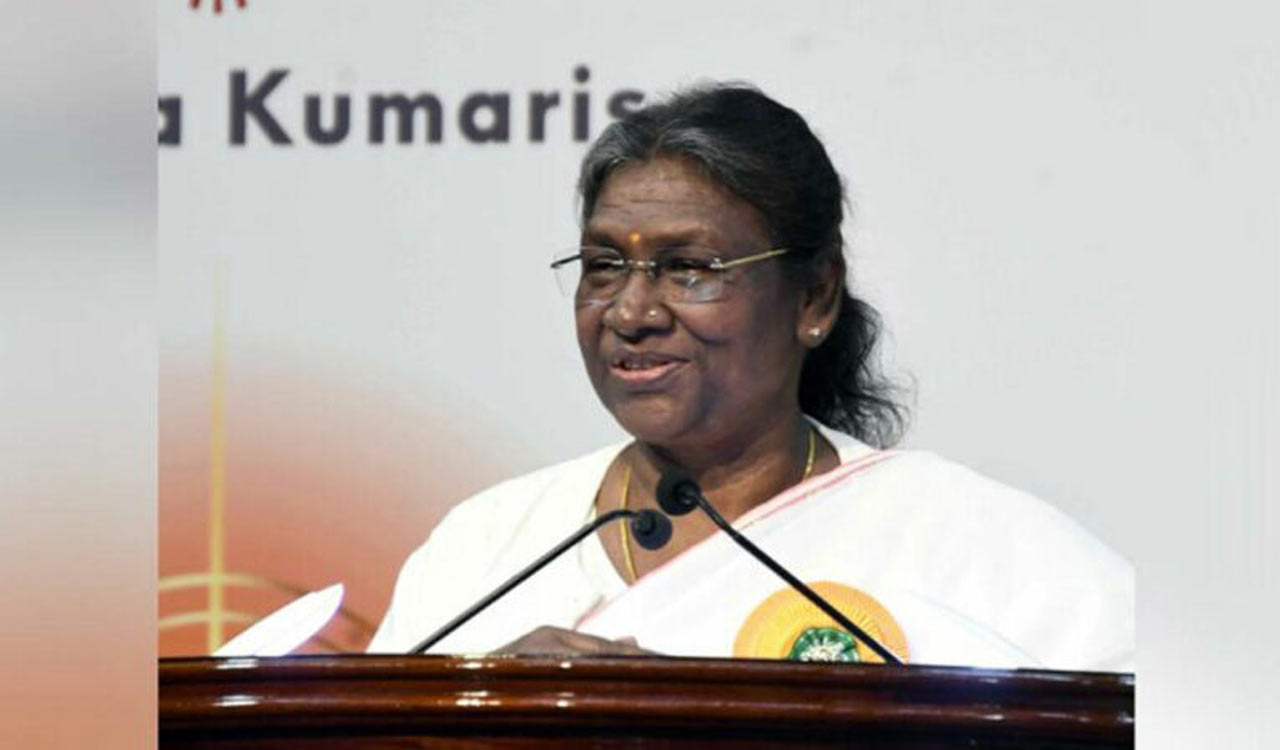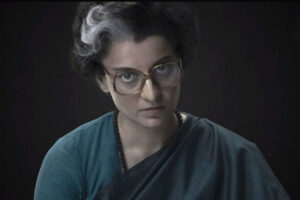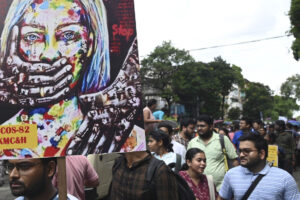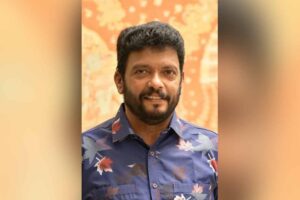The High-Level Committee relating to the holding of simultaneous elections in the country has initiated a consultation process under the chairmanship of Ram Nath Kovind, former President of India.
Published Date – 14 March 2024, 12:36 PM

New Delhi: The High-Level Committee on ‘One Nation One Election’ chaired by former President Ram Nath Kovind met President Droupadi Murmu at Rashtrapati Bhavan and submitted its report on Thursday.
The Report comprises of 18,626 pages and is an outcome of extensive consultations with stakeholders, experts and research work over 191 days, since its constitution on September 2, 2023.
The committee submitted the report in the presence of all committee members including Union Home Minister Amit Shah, Union Law Minister Arjun Ram Meghwal, Democratic Progressive Azad Party (DPAP) chief Gulam Nabi Azad and others.
Recently the High Level Committee also met and interacted with representatives of several Political parties including BJP, Trinamool Congress, Samajwadi Party, CPI, CPI(M), AIMIM, RPI, Apna Dal etc.
Representatives of these parties also handed over their suggestions in writing to the committee.
The High-Level Committee relating to the holding of simultaneous elections in the country has initiated a consultation process under the chairmanship of Ram Nath Kovind, former President of India.
The High-Level Committee recently also sought public opinion regarding the one nation, one election issue. The public notice issued stated, “Notice for inviting suggestions from members of the general public for making appropriate changes in the existing legal administrative framework to enable simultaneous elections in the country.” The central government in September last year constituted a high-level Committee to examine the issue of ‘One Nation, One Election’ and make recommendations for holding simultaneous elections in the country.
The central idea behind ‘One Nation One Election’ is to synchronize the timing of Lok Sabha and State Assembly elections across all States to reduce the frequency of polls throughout the country.
This concept was the practice till 1967, but it was disrupted due to various reasons such as defections, dismissals, and dissolutions of government.




